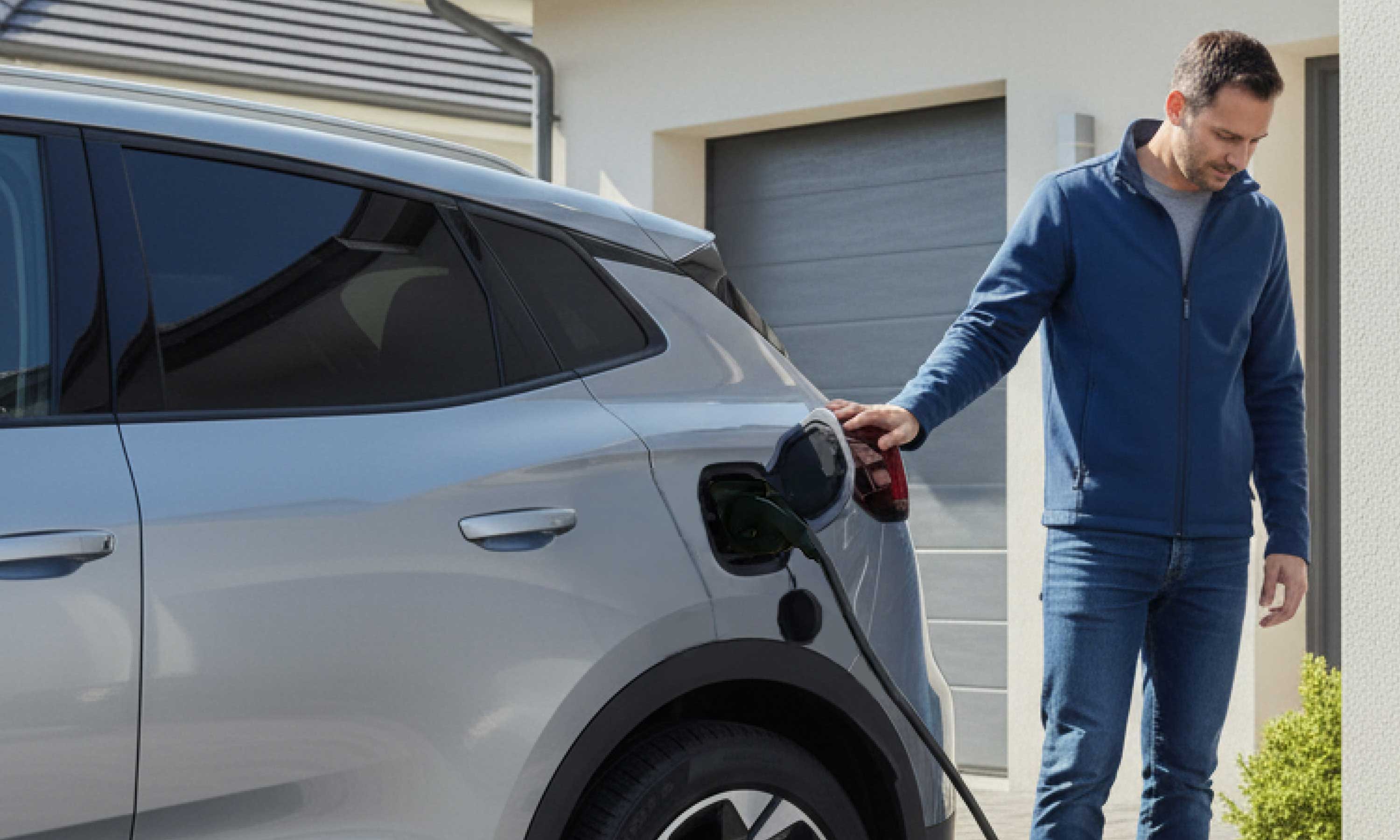Driving an electric car has never been more accessible. After an initial launch in 2024, social leasing officially returns on September 30, 2025, to give low-income households access to an electric vehicle with significantly reduced rental costs. The goal is clear: to remove the purchase price barrier and accelerate the ecological transition. But this scheme isn't just a social measure: it's also an economical solution for rethinking your car budget and reducing fuel costs.
Social leasing, a system to democratize electric vehicles
What is social leasing?
Social leasing is a long-term rental (LLD) of an electric vehicle, partly financed by the State. In concrete terms, the driver signs a rental contract with a manufacturer or dealer, and benefits from a monthly rental capped at €140 (source: ecologie.gouv.fr), without a large initial deposit.
This mechanism relies on public aid of up to €7,000 per vehicle (source: info.gouv.fr), which makes the cost of leasing significantly lower than that of traditional financing. In comparison, the direct purchase of an electric car often remains out of reach for many households.
Who can benefit?
The scheme primarily targets low-income households. To access it, certain conditions must be met, including:
- have a reference tax income of less than or equal to €16,300 per share;
- use the vehicle mainly for commuting;
- be a resident of France and have a valid driving license.
The government is targeting households that rely on their cars on a daily basis, particularly in peri-urban and rural areas where public transport remains limited. For these households, social leasing represents a unique opportunity to drive cleanly while reducing their mobility expenses.
A real lever to reduce your mobility budget
Affordable and predictable rents
Social leasing allows households to access an electric vehicle with a reduced and, above all, fixed monthly payment.
📊 Unlike a traditional loan, there are no nasty surprises: your car budget becomes more transparent and easier to plan for. This stability is particularly appealing to households who want to better control their spending, in a context of a generally rising cost of living.
⛽ Another significant advantage: maintaining an electric vehicle is often less expensive than a thermal model. Fewer mechanical parts to replace, no engine oil changes... So many fewer costs that reinforce the economic interest of the device.
Sustainable energy savings
Driving electric also means avoiding the unpredictable fluctuations in fossil fuel prices. The cost per kilowatt-hour remains relatively stable, and even when it fluctuates, it remains well below the price of a liter of gasoline. The result: each trip costs on average two to three times less than with a gasoline or diesel vehicle.
👉 And to take your savings even further, installing a charging station at home allows you to take advantage of off-peak hours and further reduce your energy bill. Beyond practicality, this solution truly optimizes your mobility budget in the long term.
📝 Prepare your social leasing well to get the most out of it
Check your eligibility before starting
Before taking any steps, it is essential to ensure that you meet the eligibility requirements: reference tax income, use of the vehicle for commuting, residence in France. A quick look at the criteria can help avoid unpleasant surprises when submitting your application.
Choosing the right model for your use
Not all electric vehicles offered through social leasing are created equal. Some offer a long range 🔋, ideal for long journeys, while others are better suited to everyday urban travel. It's therefore important to compare available models based on your lifestyle, household size, and expected annual mileage.
Anticipate additional costs
While the monthly payment may be lower, other expenses still need to be considered: vehicle insurance, possible warranty options, and basic maintenance. While the latter often costs less than for a combustion engine vehicle, it must be included in the overall budget.
Also think about recharging
Finally, to take full advantage of the savings achieved through social leasing, it's helpful to anticipate your charging needs. Depending on your situation, a public charging station may be sufficient, but for greater convenience and cost control, home charging is often the best option.




Leave a comment